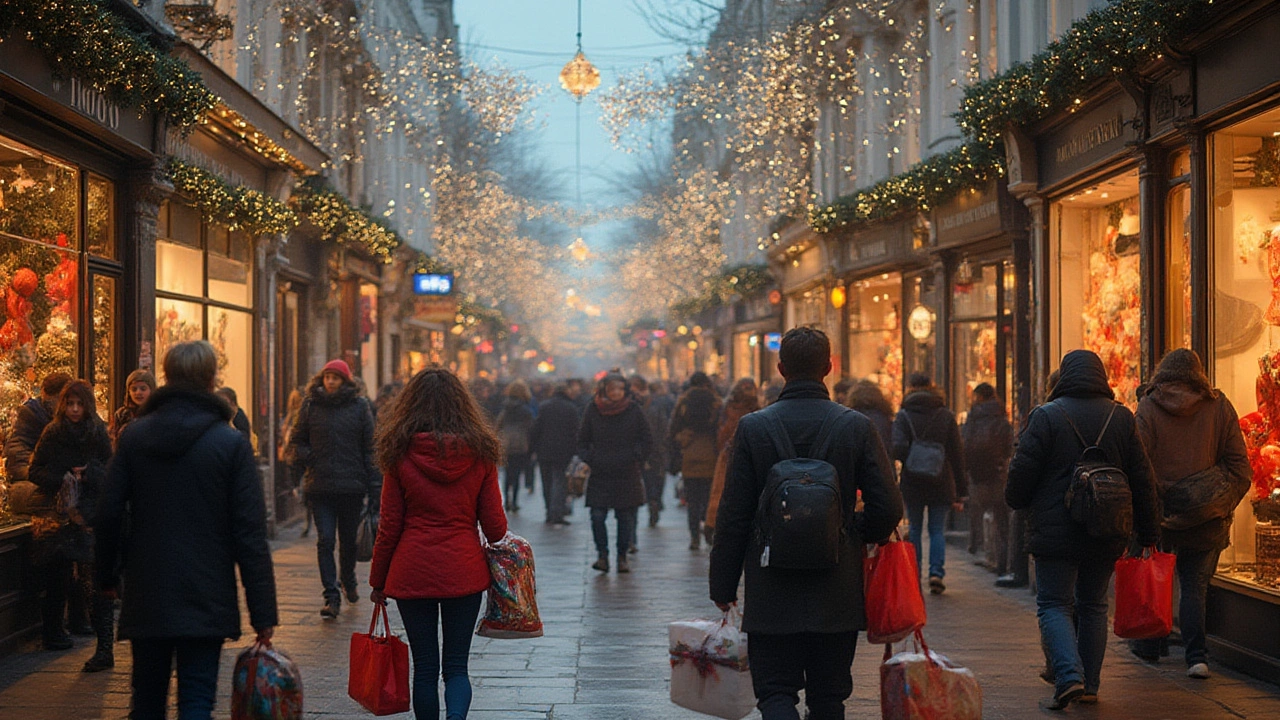Consumer Behavior and Travel – Why We Spend the Way We Do
Ever wonder why you pick one holiday over another? It’s not just the beach or the price tag. Your mind, habits, and the people around you all play a part. That mix of thoughts and actions is called consumer behavior, and it shows up every time you book a flight, choose a hotel, or decide to stay home.
When you scroll through travel deals, the first thing that grabs you is usually a low price or a flashy picture. Those are classic triggers. But underneath, you’re also thinking about how safe the place feels, whether your friends have been there, and if the experience matches your self‑image. All of those tiny cues push you toward one option and push another away.
Key Drivers of Travel Purchases
1. Price Sensitivity – Most people have a budget limit. If a deal looks 20% cheaper than usual, it feels like a win. That’s why flash sales and “last‑minute” offers work so well.
2. Social Proof – Seeing a friend post about a city or a review with five stars nudges you to consider the same spot. We trust what others say more than a marketing tag line.
3. Emotional Appeal – Images of sunrise over a cliff or a bustling market can stir excitement. Your brain links those feelings to the idea of a break, making you more likely to click “book now.”
4. Convenience – Easy booking steps, clear cancellation policies, and simple transport options lower the effort needed. The smoother the process, the higher the chance you’ll go ahead.
Tips to Make Smarter Holiday Choices
First, set a clear budget before you start browsing. Write down the maximum you’re comfortable spending and stick to it. When you see a “deal,” ask yourself if it fits your budget or if it’s just a lure.
Second, check multiple sources. One site may show a low price, but another might include hidden fees. Compare flight, accommodation, and transport costs side by side.Third, think about the real value you get. A cheap hotel in a noisy area might cost you extra money on transport or meals. Sometimes paying a bit more for a central location saves you time and stress.
Finally, listen to your own travel goals. If you love culture, a city break with museums makes sense. If you need relaxation, a quiet seaside spot is better. Align your choice with what you actually want, not just with the flashiest ad.
Understanding how you decide helps you avoid impulse buys and enjoy a trip that feels right for you. The next time you plan a holiday, pause for a moment, ask these simple questions, and you’ll see how consumer behavior works in your favor.
Categories
Archives
Recent Posts
- Cheapest States for a Vacation: Budget-Friendly Holiday Spots in the US
- Choosing Your All-Inclusive Holiday: Direct Booking vs. Travel Agent Services
- Cheapest Month to Fly: When to Book for the Lowest Airfares
- How to Snag Cheap Plane Tickets: Best Days to Buy
- Unraveling the Magic of Holiday Cottages: Your Perfect Getaway

Menu